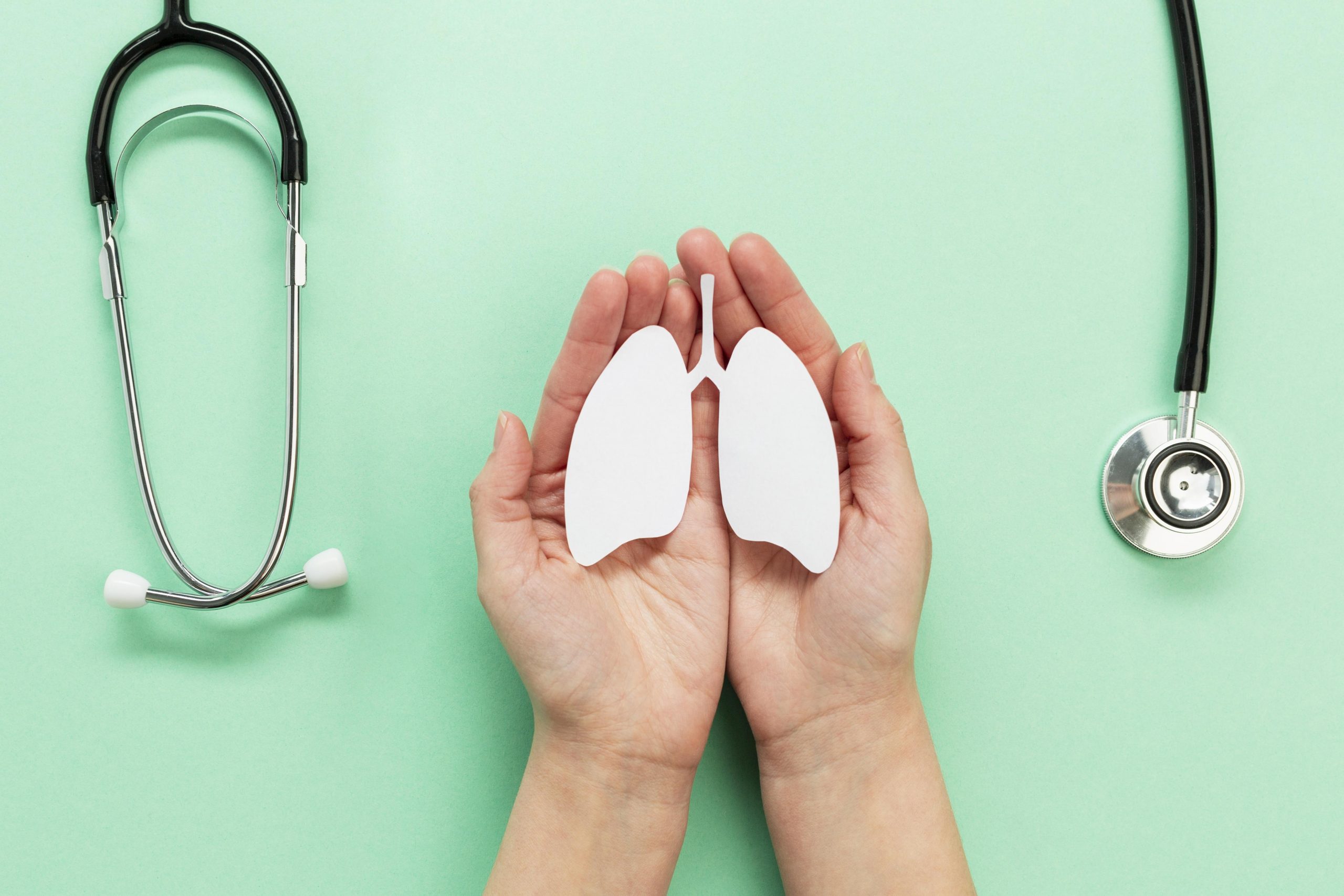

According to research led by a team of experts from the Toronto Lung Transplant Program in the Ajmera Transplant Centre at the University Health Network (UHN), storing donor lungs for transplant at 10 degrees Celsius significantly enhances the amount of time the organ can exist outside the body. The 70-patient prospective multicenter, nonrandomized clinical trial investigation found that donor lungs stayed healthy and viable for transplant up to four times longer than when stored at the current norm of ice cooler preservation of roughly 4 degrees Celsius.
“The clinical impact of this study is huge. It’s a paradigm shift for the practice of lung transplant,” says lead author Dr. Marcelo Cypel, Surgical Director of the Ajmera Transplant Centre and a surgeon within the Sprott Department of Surgery at UHN.
“I have no doubt that this will become the gold standard practice of lung preservation for the foreseeable future.”
The availability of lung transplants is now limited by the amount of time a donor organ may be maintained alive. raising storage duration permits viable donor lungs to travel greater distances, raising the possibility of more lungs becoming available for transplant and overcoming many of the logistical challenges associated with transplantation.
“In transplant, we still see a critical shortage of organs and people dying on the waitlist because there are not enough lungs to be transplanted,” says Dr. Cypel, who is also a Professor in the Division of Thoracic Surgery, Department of Surgery at U of T.
It’s a great accomplishment to see that our research is now having an impact and that we can actually have more cases done at our center, with continued outstanding clinical results. Better organ preservation also means better outcomes for patients.”
Results of the trial were published today in the NEJM Evidence.
The trial took place over 18 months at UHN’s Toronto General Hospital, the Medical University of Vienna, and Hospital Universitario Puerta de Hierro-Majadahonda in Madrid.
“The ability to extend the lifespan of the donor organ poses several advantages. Ultimately, these advantages will allow for more lungs to be utilized across farther geographies and the ability to improve recipient outcomes by converting lung transplantation into a planned rather than urgent procedure,” says study first author Dr. Aadil Ali, Adjunct Scientist at the Toronto General Hospital Research Institute.
The potential reduction or elimination of the 24/7 schedule and urgency of lung transplant procedures is one of the benefits of this new 10 degrees Celsius standard for organ storage. Transplant surgeries could become planned procedures by expanding the amount of time donor lungs are viable, avoiding bumping scheduled surgeries and overnight transplanting. This progress in practice comes at a critical moment when hospital resources are being taxed and surgical backlogs are increasing owing to the pandemic.
The increased preservation temperature may also allow for additional time to maximize immunologic matching between donors and recipients, as well as the prospect of doing lung transplantation in a semi-elective rather than urgent fashion, according to the study.
more recommended stories
 Brain’s Biological Age Emerges as Key Health Risk Indicator
Brain’s Biological Age Emerges as Key Health Risk IndicatorClinical Significance of Brain Age in.
 Children’s Health in the United States is Declining!
Children’s Health in the United States is Declining!Summary: A comprehensive analysis of U.S..
 Autoimmune Disorders: ADA2 as a Therapeutic Target
Autoimmune Disorders: ADA2 as a Therapeutic TargetAdenosine deaminase 2 (ADA2) has emerged.
 Is Prediabetes Reversible through Exercise?
Is Prediabetes Reversible through Exercise?150 Minutes of Weekly Exercise May.
 New Blood Cancer Model Unveils Drug Resistance
New Blood Cancer Model Unveils Drug ResistanceNew Lab Model Reveals Gene Mutation.
 Healthy Habits Slash Diverticulitis Risk in Half: Clinical Insights
Healthy Habits Slash Diverticulitis Risk in Half: Clinical InsightsHealthy Habits Slash Diverticulitis Risk in.
 Caffeine and SIDS: A New Prevention Theory
Caffeine and SIDS: A New Prevention TheoryFor the first time in decades,.
 Microbial Metabolites Reveal Health Insights
Microbial Metabolites Reveal Health InsightsThe human body is not just.
 Reelin and Cocaine Addiction: A Breakthrough Study
Reelin and Cocaine Addiction: A Breakthrough StudyA groundbreaking study from the University.
 Preeclampsia and Stroke Risk: Long-Term Effects
Preeclampsia and Stroke Risk: Long-Term EffectsPreeclampsia (PE) – a hypertensive disorder.

Leave a Comment